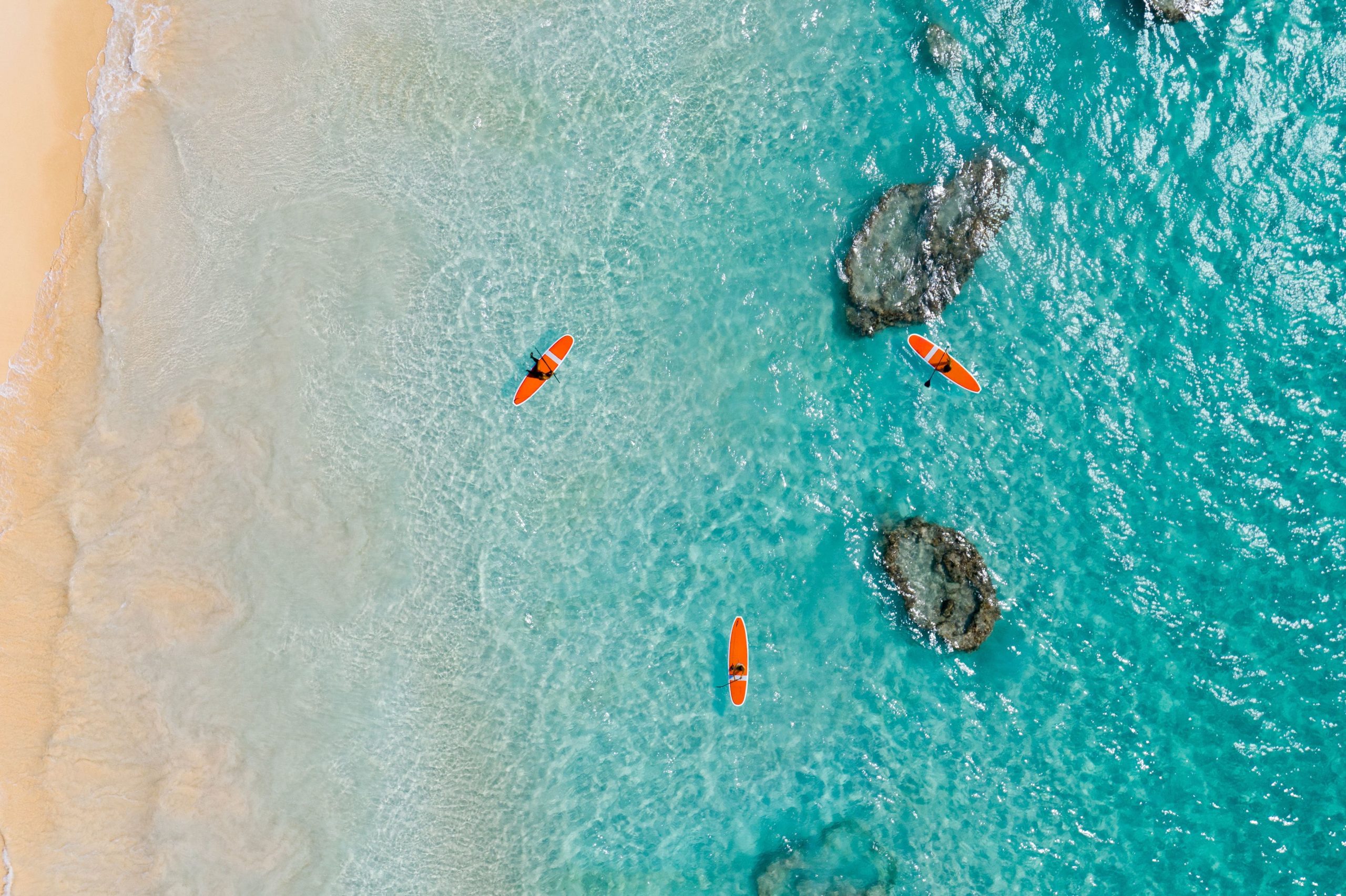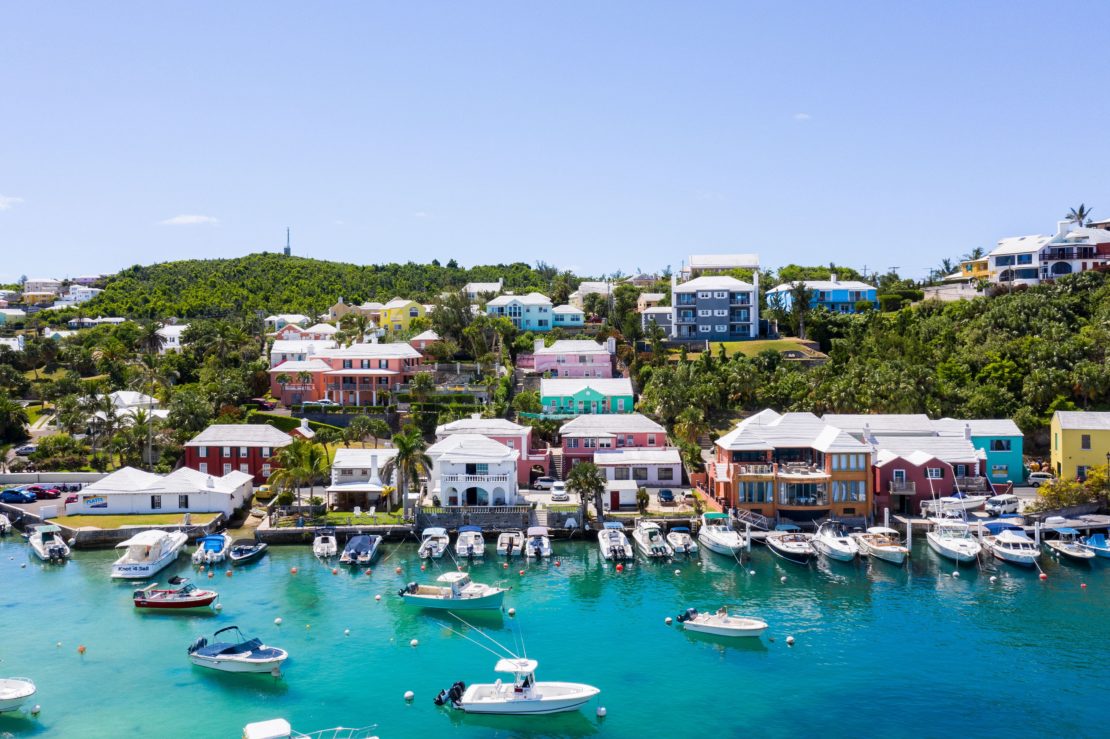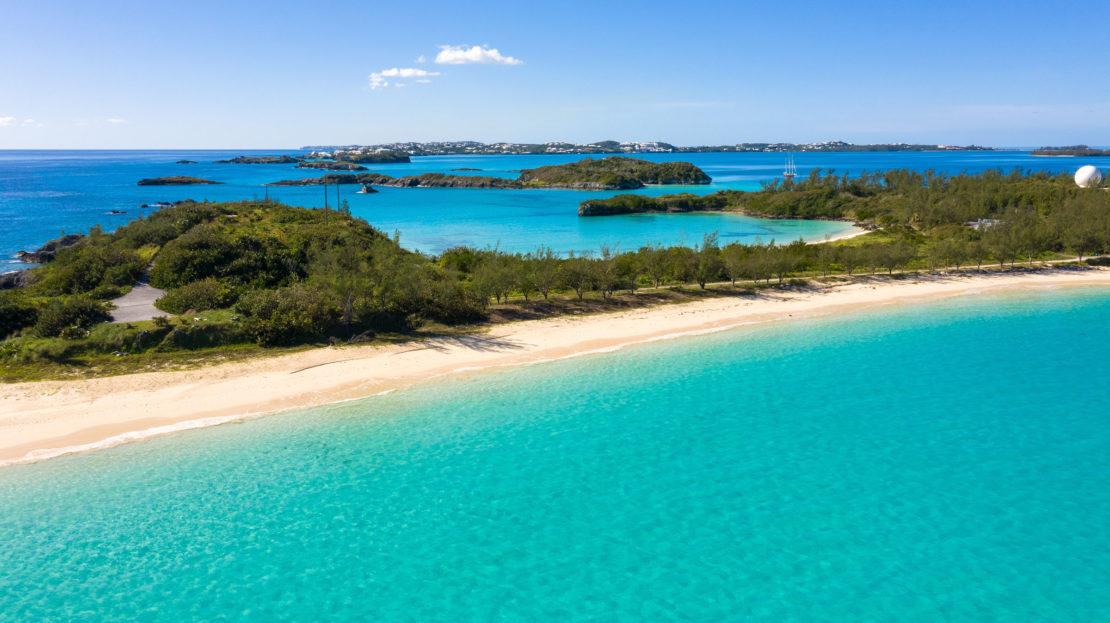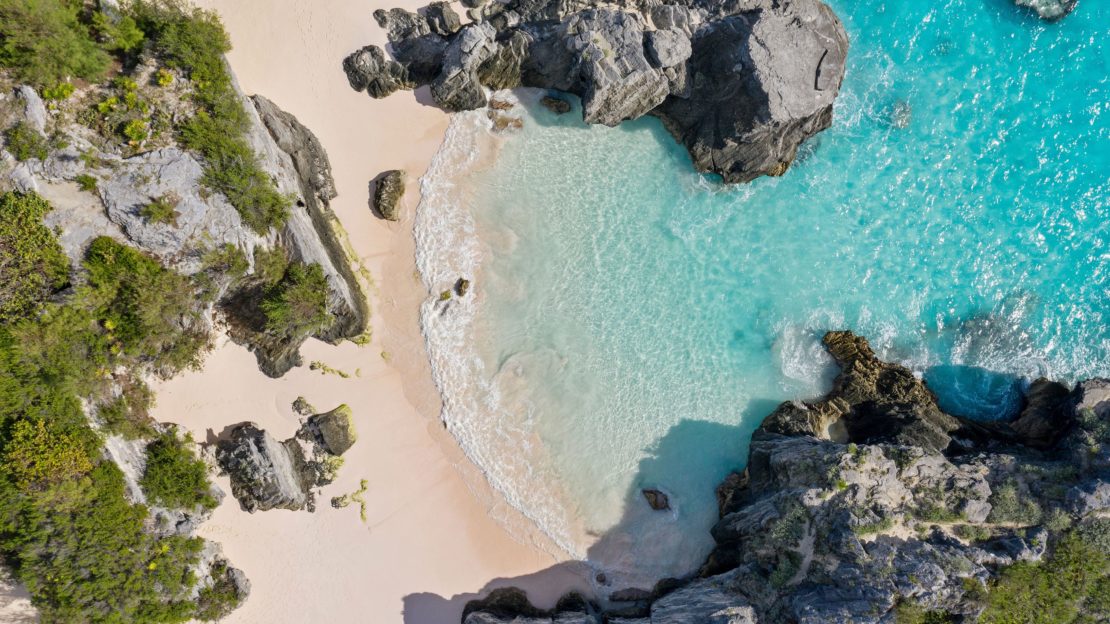Green Country, Blue Economy
- News |
- Publication

Green Country, Blue Economy: Bermuda’s Continued Sustainability Efforts
One of the first laws passed in Bermuda was a conservation law protecting turtles in 1623. Nearly 400 years later, Bermuda continues to safeguard its stunning environment by investing in sustainable measures to ensure this beautiful island is preserved for another four centuries — and beyond.
Most recently, Bermuda completed a solar farm that will provide six megawatts of clean energy and is expected to power the equivalent of 1,100 homes annually and save 150,000 tons of CO2. Based in Ontario, project developer Saturn Solar is the country’s first fully independent power producer. The ambitious project — which makes use of otherwise-unusable land — serves as an example that large-scale solar power benefits business and the environment.
The solar farm is also an important step toward Bermuda’s goal of supplying 85% of the island’s electricity through renewable sources by 2035, a target announced in Bermuda’s inaugural Integrated Resource Plan (IRP) in 2019. Bermuda will reach this standard by using large-scale solar panels, offshore wind turbines, and biomass technology. The change to renewable energy will also bring new professional and financial opportunities to Bermuda.

Bermuda has also created the infrastructure for electric cars to get around the island, and they are popular for tourists and residents. Even the famed white roofs of our houses help with the environmental effort, as they are designed to collect rainwater for residential use. And a number of buildings are LEED Certified, including the King Edward VII Memorial Hospital, the HSBC building and the Chubb building, which is certified platinum.
Sustainable endeavors are often labeled as “green,” but Bermuda is also looking seaward to develop its blue economy. The Bermuda Ocean Prosperity Programme — a partnership between the government of Bermuda, the Waitt Institute, the Bermuda Ocean Prosperity Programme, and the Bermuda Institute of Ocean Sciences (BIOS) — is fostering the sustainable, profitable, and enjoyable use of ocean resources for present and future generations. The group’s will manage and improve ocean industries like fishing and tourism while simultaneously preserving 90,000 square kilometres of Bermuda’s ocean by 2022.
Based in St. George’s, BIOS is an independent, nonprofit U.S. scientific research and educational organisation that aims to share knowledge about the oceans through state-of-the-art research, world-class field expeditions, and comprehensive educational experiences.

Nonsuch Island, located on the northeastern end of Bermuda, is a notable nature conservation site that has been undergoing environmental restoration for over 50 years. This project involves the reintroduction of the near-extinct Cahow seabirds along with other species, notably the West Indian topshell, the yellow-crowned night heron, and a Lazarus species of snail.
Further offshore, Bermuda is working in collaboration with eight other governments through the Hamilton Declaration to preserve the Sargasso Sea, an area of 3,218,688 square kilometres (or roughly 2 million square miles) that’s famous for its free floating seaweed called sargassum. This serves as a home to a diverse mix of species, including turtles, shrimp, crab, and fish, and is also a spawning site for endangered eels, white marlin, porbeagle shark, and dolphinfish. The Hamilton Declaration keeps the Sargasso Sea’s health, productivity, and resilience under continual review.
Just like the legislators back in 1623 understood the importance of preserving Bermuda’s environment, Bermudians proudly carry on that legacy by using technological advancements to not only keep the island clean, beautiful, and prosperous for all who call it home, but to contribute to global conservation and environmental efforts.






